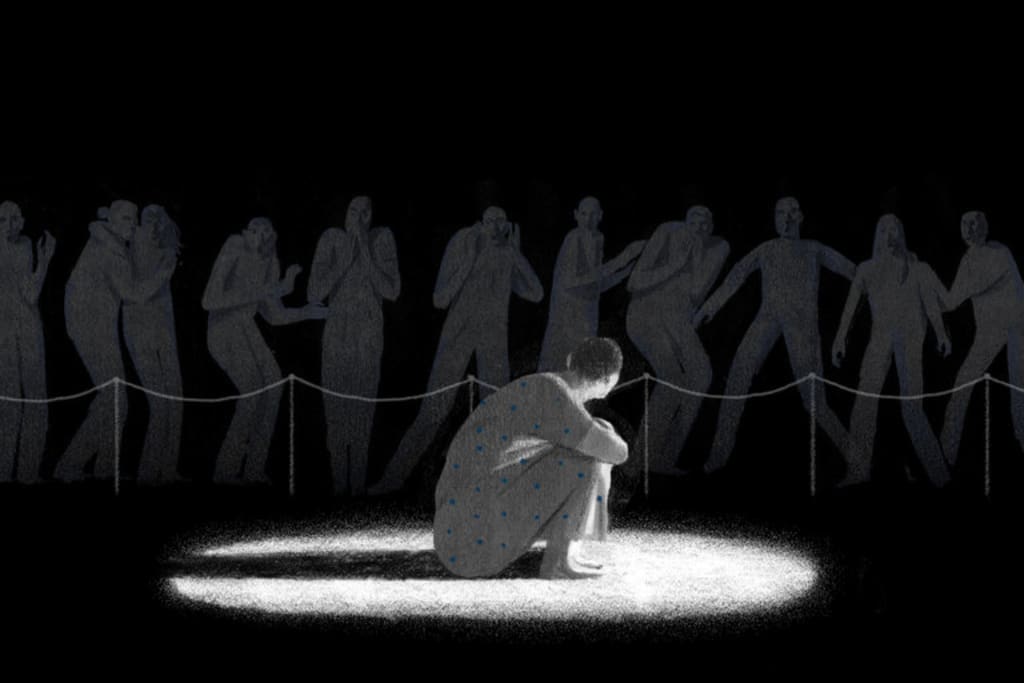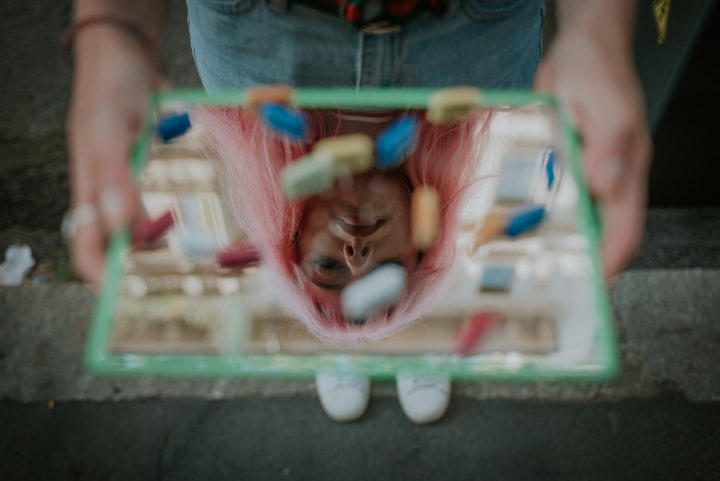Fighting Back!
A Stance Against the Mental Health Stigma

Unfortunately, we humans are not well equipped with handling the fact that there may be something mentally wrong with us. For some reason, we can flaunt our physical ailments and strut our influenza on the catwalk. Yet, when it comes to the phrase "mental illness," that seems to be crossing some proverbial line that, somewhere in history, was drawn in order to protect our own insecurities.
We pass it off as a phase, changes to our environment, politics...always failing to understand the meaning behind our emotions. Sure, humans have a complex range of emotions and just trying to understand them would be barely scratching the tip of the iceberg; but all emotions have a root somewhere that stemmed from our personal experiences. Some positive, others traumatic. It is these traumatic experiences that really develop into something more serious, which can manifest into periods of extreme depression or aggression later on in life.
There's an idea that mental illness affects most of the general population, but with that comes denial in regards to exactly how many people are affected.
According to the National Alliance on Mental Illness, 1 in 5 adults in the U.S. suffers from some kind of mental illness every year. That's roughly 19% of the population. About 1 in 25 adults experience a serious mental illness that interferes with their daily life. In terms of youth, in ages 13-18, approximately 1 in 5 suffer a severe mental illness. When these numbers are put into perspective, it stands to reason that just about every person in the U.S. has had some sort of experience with mental illness, either personally or through a loved one.
So if the demographic is so widespread, why is so little being done to help? Why is it a stigma to outwardly seek help when it's possible a life could be in danger?
Because we see people with a mental illness as inhuman, a group of lower lifeforms that can only ever get attention if they are in a circus act. We are not freaks, but our lives are played out that way to conform to the masses. We walk an imaginary tightrope called "life" where the struggle to remain on the rope is a balancing act between who we are and what we want the world to see.
I suffer from anxiety and depression; two very different illnesses with polar opposite symptoms. Anxiety makes me want to jump out of bed and do something, but depression keeps me chained to the bed. My mind races with things to do, with no interest in getting them done. Every day is a war waged between the need to go out and socialize and remaining in the safety of my room. It's not talking, but constantly screaming in my head. It's doing everything I can to survive, without the will to live.
I'm not the only one who feels this way. In fact, there are others who display far worse symptoms than I do. So why is it so hard to find help?
Studies from NAMI show that mental illness cost the U.S. about $193.2 billion in lost earnings per year! Economically, leaving mental illness untreated is helping to ruin this country. Individuals can face chronic medical conditions and can die up to 25 years early from treatable medical conditions. Over 1/3 of students, ages 14-21, with a mental illness drop out of school — which is the highest of any group with a disability!
However, the stigma is so great that a wall is erected between the rumors and the facts. No, we are not crazy. No, we are not just blowing this out of proportion. We are real people who are in real danger of ourselves. We just want to be heard, even if we don't have a voice to speak.






Comments
There are no comments for this story
Be the first to respond and start the conversation.